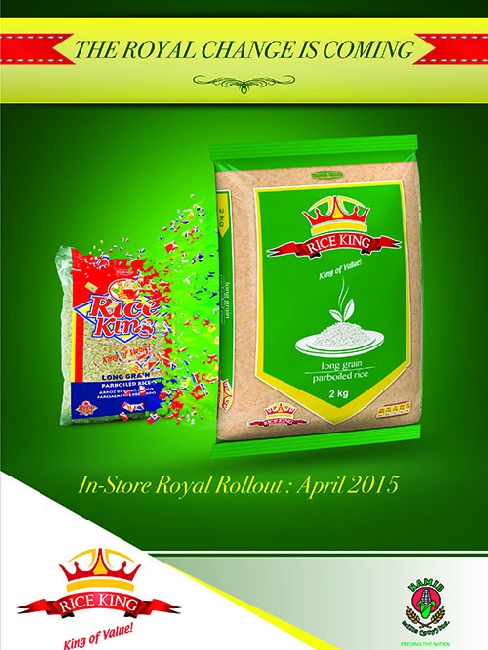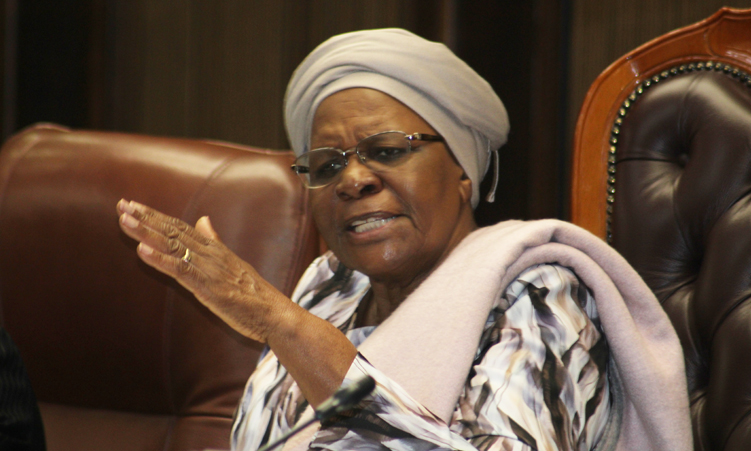WINDHOEK – Being part of the global trading community and a participant in the trade liberalisation processes, Namibia cannot stop foreign products from entering the local market.
“The only effective defence we can deploy to mitigate economic marginalisation is by proving to our consumers that Namibian industries do produce good, safe, high quality, cost effective and thus competitive products,” minister of industrialisation, trade and small and medium enterprises (SME) development Immanuel Ngatjizeko said.
Ngatjizeko, who was speaking at the Team Namibia annual general meeting (AGM) in Windhoek this week called on businesses to make use of and support vehicles like Team Namibia to educate the nation on what Namibia produces and promote local procurement and consumption to grow the national economy further.
He said the ministry has prioritised the promotion and development of a robust local industry with special emphasis on SMEs, local value-addition, manufacturing and the creation of larger market space for Namibian products, which is achievable through the negotiation of preferential market access arrangements.
The minister explained that the problem, which has undermined market access for locally produced goods and services to date, particularly in the retail sector, is that the economy requires structural reform.
“Poor links between manufacturers, distributors and retailers is one of the striking constraints to growing production capacity and the subsequent consumption of locally-manufactured goods,” he said.
As to the retail sector, Ngatjizeko said, it is clear that the fourth National Development Plan (NDP4) has aspirations for growth in that sector and targets a 20% increase in the shelving of Namibian products on local retail shelves.
Namibia is a net food-importing country of most consumer and industrial goods, with a sparsely distributed population that has access to a diverse array of goods and services, efficient distribution networks with vertically integrated operations, and convenient shopping malls in most of the urban towns. – Nampa
Stay informed with The Namibian – your source for credible journalism. Get in-depth reporting and opinions for
only N$85 a month. Invest in journalism, invest in democracy –
Subscribe Now!










